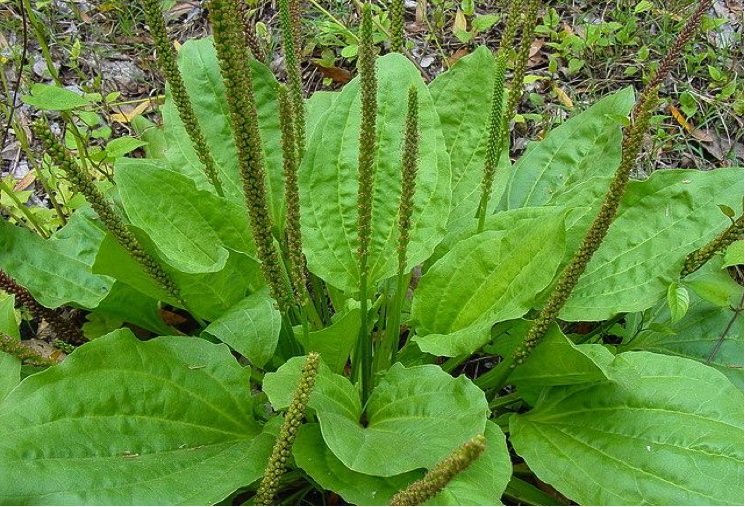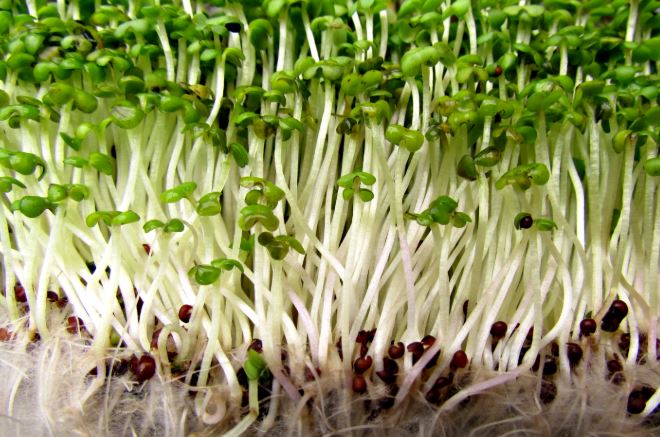Examining the antimicrobial activity of Conyza bonariensis and Tribulus terrestris
03/31/2020 / By Evangelyn Rodriguez

Researchers from Tanzania evaluated the antimicrobial activity of Conyza bonariensis and Tribulus terrestris, two plants that grow in their country. Their findings were published in the journal Herbal Medicine.
- The increase in microbial drug resistance demands new and effective drugs; medicinal plants are promising sources of these.
- Natural antimicrobial agents have protected human life from fatal diseases for centuries.
- To study the antimicrobial potential of C. bonariensis and T. terrestris, the researchers used different solvents to obtain plant extracts and analyzed their minimum inhibitory concentrations (MICs) either alone or in combination.
- The researchers reported that all extracts demonstrated antimicrobial activity against Escherichia coli, Salmonella typhimurium, Staphylococcus aureus, S. typhi, Pseudomonas aeruginosa, Candida albicans and Cryptococcus neoformans.
- These seven extracts, in particular, inhibited S. aureus, P. aeruginosa, S. typhimurium, S. typhi and C. neoformans at a concentration of 0.78125 mg/mL:
- C. bonariensis leaf chloroform
- C. bonariensis leaf ethyl acetate
- C. bonariensis stem chloroform
- C. bonariensis stem ethyl acetate
- C. bonariensis root ethyl acetate
- T. terrestris leaf ethyl acetate
- T. terrestris root ethyl acetate
- The chemical components of both plant extracts also demonstrated a synergistic effect against the test microbes when combined.
- The combined extracts showed the strongest bactericidal and fungicidal activity against E. coli and C. neoformans, respectively.
Based on their findings, the researchers concluded that C. bonariensis and T. terrestris are excellent sources of natural antimicrobial agents.
Read the full study at this link.
Journal Reference:
Ghwanga AAK, Chacha M. IN VITRO ANTIMICROBIAL ACTIVITY OF CONYZA BONARIENSIS AND TRIBULUS TERRESTRIS GROWING IN TANZANIA. Herbal Medicine. March 02 2019;5(1):4. DOI: 10.21767/2472-0151.100042
Tagged Under: alternative medicine, antibacterial, Antifungal, herbal medicine, Herbs, microbial drug resistance, natural antibiotics, natural cures, natural medicine, plant medicine, remedies, research, superbugs
RECENT NEWS & ARTICLES
COPYRIGHT © 2017 NATURAL MEDICINE NEWS



















